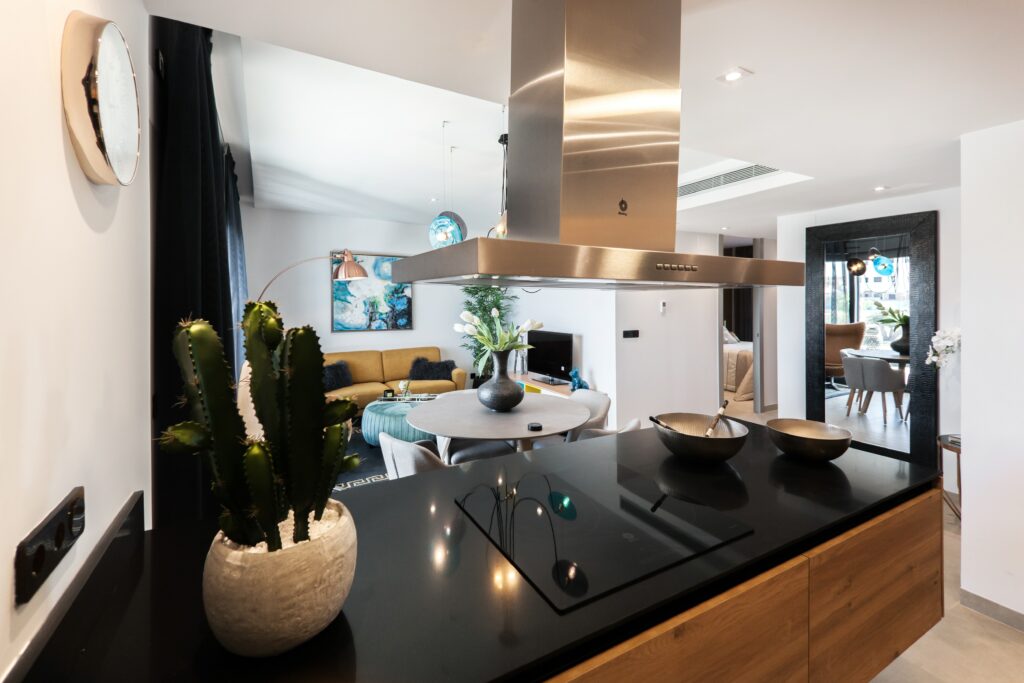Research: Bad indoor air impacts sleep quality

Do you have trouble sleeping? A study suggests that bad indoor air might be the culprit of lackluster sleep quality and cognitive performance. The study results show the importance of making sure that your bedroom gets enough fresh air.
Today, many people have trouble sleeping, but they often overlook the importance of air quality in their bedrooms. Researcher Peter StrØm-Tejsen and his colleagues (2015) conducted a study which investigated the impact of CO2 concentrations in college dorm bedrooms on both sleep quality and next-day cognitive performance. They discovered that lower levels of CO2 consistently lead to better sleep and performance the next day.
How can you increase the levels of fresh air in your bedroom? Proper ventilation consists of two fundamental elements. First, bad air, such as CO2 and humidity, must be removed from the room. This can be achieved, for instance, with a fan or exhaust pipes in the house. Second, fresh air must be brought into the room, through the use, for example, of intake vents such as the VILPE Wive. We recommend that every bedroom in the house has its own vent. If the bedroom is large (over 30 m2), more than one vent may be required. When planning your home’s ventilation system, there are several other factors which need to be considered in order to ensure that the result is optimal. Therefore, we recommend that you contact a professional before making any significant alterations.



